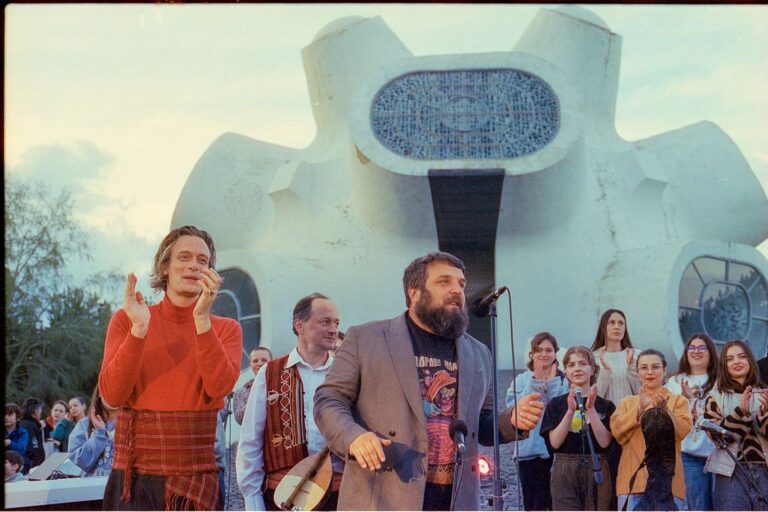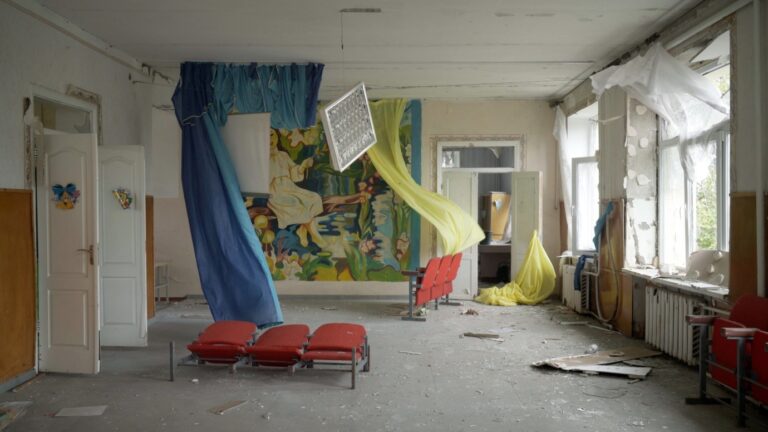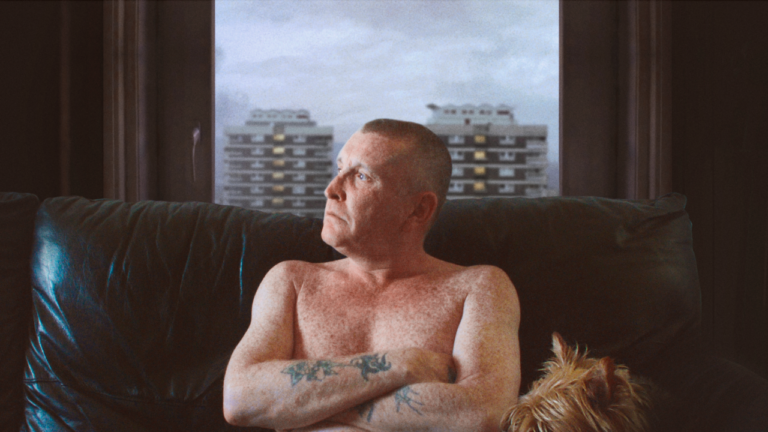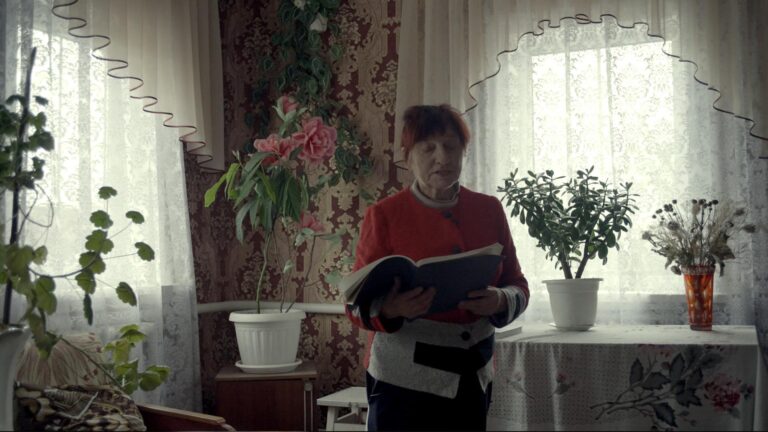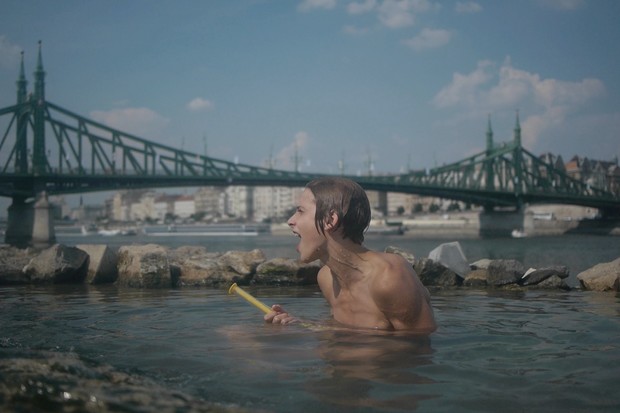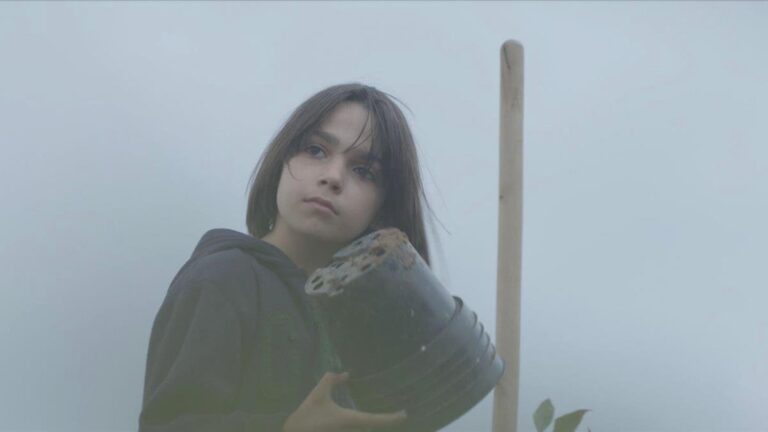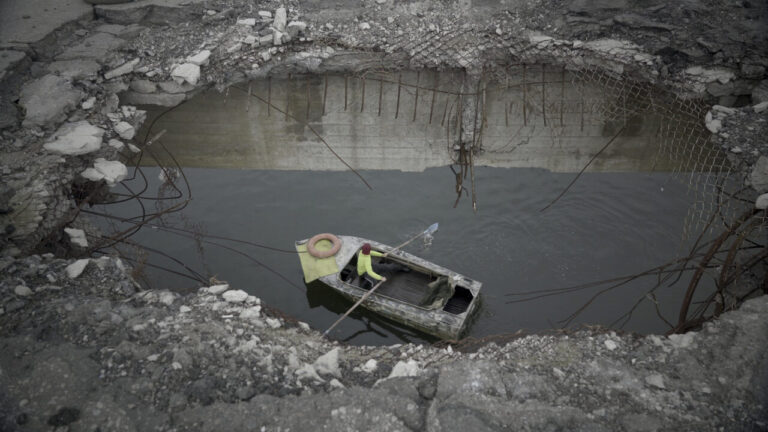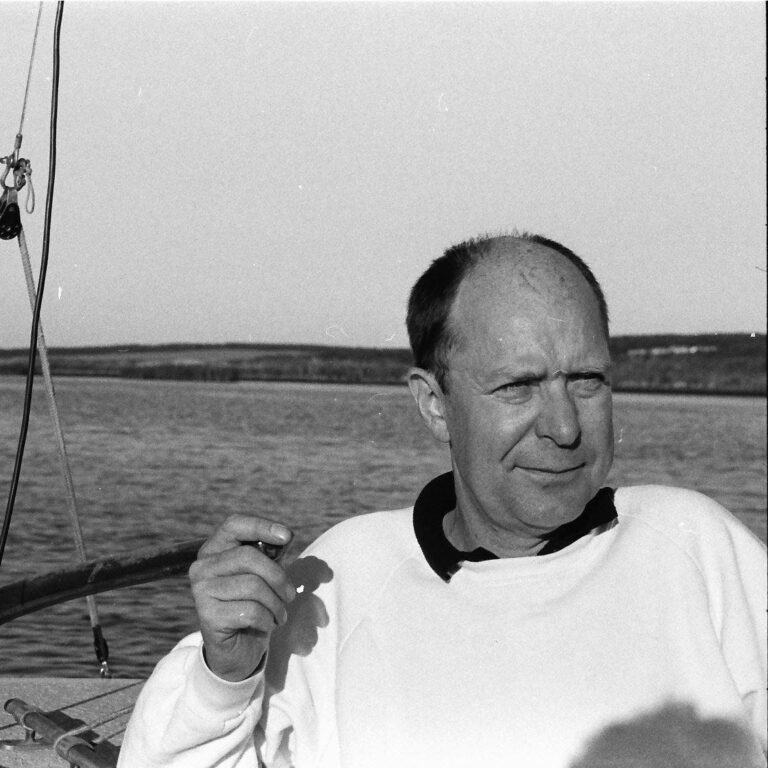


Victor Kossakovsky: Architecton
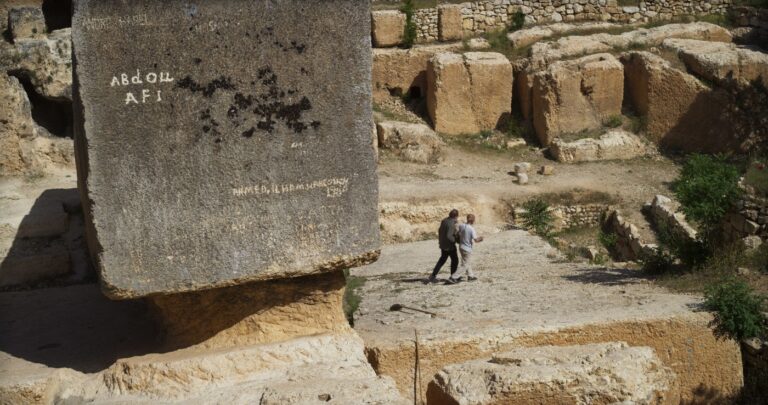
Press release of today from DocsBarcelona:
| Filmmaker Victor Kossakovsky will return to DocsBarcelona with Architecton, an epic and poetic meditation on architecture that at the same time offers hope for survival. With his latest film, which will have its Spanish premiere at the Barcelona International Documentary Film Festival after the Berlinale, the Russian master revisits architectural practices of the present and the past to warn of the ecological impact of cement. He thus closes the trilogy about our planet, an ode to nature that would begin with ¡Vivan las antípodas! (2011) and continue with Aquarela (2018), all of them present in the DocsBarcelona program. The DocsBarcelona 27th edition will take place May 2-12th at the CCCB and Cinemes Renoir Floridablanca. Starting with the project by Italian architect Michele De Lucchi, Kossakovsky reflects on the rise and fall of civilizations, capturing breathtaking images, from the rubble of the temple of Baalbek in Lebanon, dating back to 60 AD, to the recent destruction of cities in Turkey after a 7.8 magnitude earthquake in early 2023. Through Kossakovsky’s inquisitive look at humanity and its precarious relationship with nature, the film poses an urgent question: How do we build and how can we build better before it is too late? The artistic director of DocsBarcelona, Anna Petrus, emphasized that “the festival has always accompanied the films of Victor Kossakovsy, who returns with a sensorially shocking film that questions the use that human beings make of natural resources to build (and, unfortunately, also to destroy)“. According to Anna Petrus, Architecton is a documentary that “will make us travel, in every sense, and also ask relevant questions about how we treat the planet. Of course, it will not disappoint the numerous followers that the filmmaker has in our country“. This innovative filmmaker, winner of more than a hundred awards at national and international festivals, began his career in 1978 in Leningrad as an assistant cameraman, assistant director and editor. After studying screenwriting and directing in Moscow, in 1989 he directed his first film, Losev and, in 1992, his most famous documentary, The Belovs, recognized with the VPRO Joris Ivens Award and the Audience Award at IDFA, among others. In 2011, ¡Vivan las antípodas! was selected as the opening film of the Venice Film Festival, and Aquarela would open DocsBarcelona in 2019. Gunda, produced by Joaquin Phoenix, and Architecton have been premiered at the Berlinale. |
|---|
